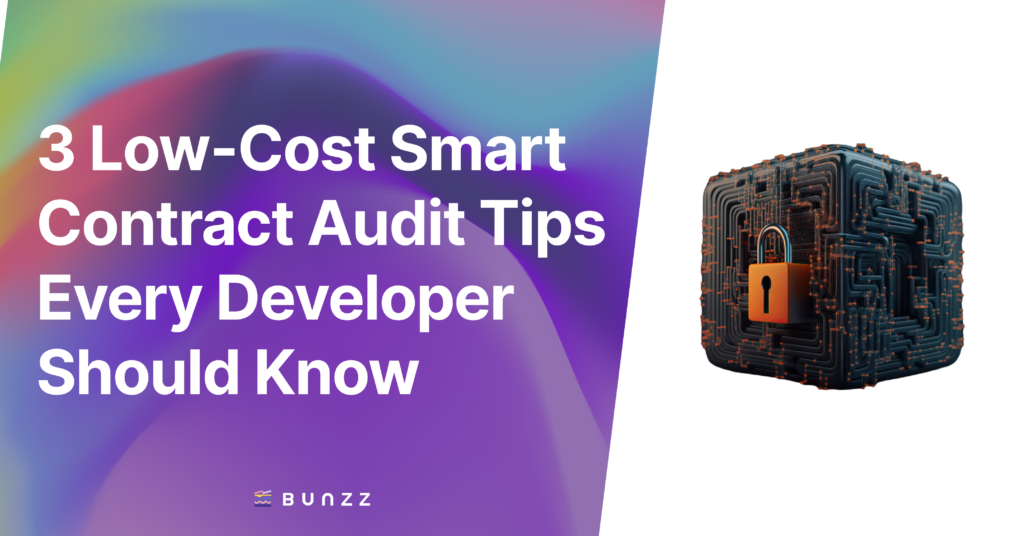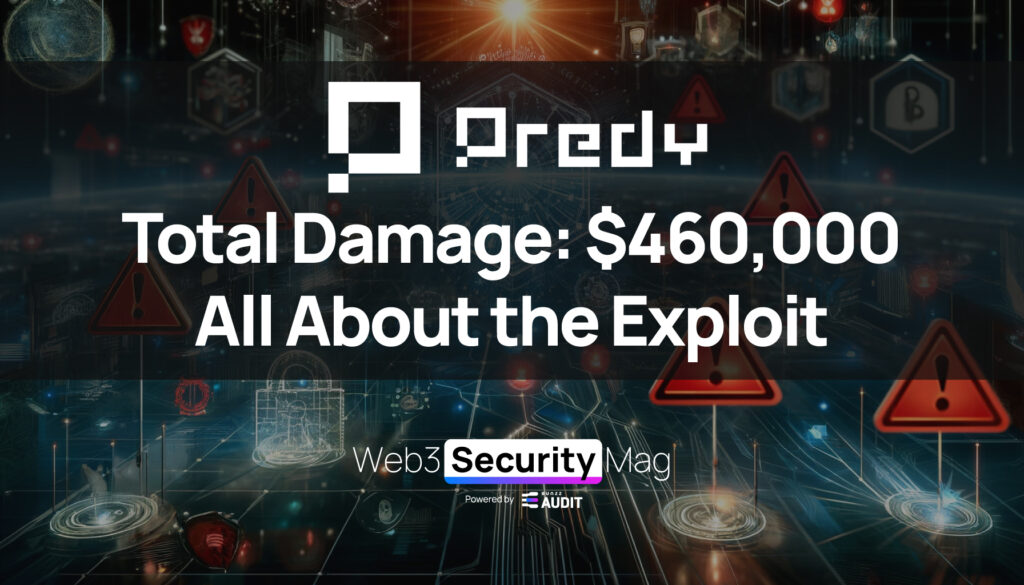Disclaimer: This is not security advice. Always do your own research before making any security decisions.
Are you building a smart contract? Security is critical, but professional audits can cost a big sum. Audit Firms can charge upwards of $10,000 for a 600-line code audit. And that’s not even considering additional fees if critical vulnerabilities are found.
While professional audits are crucial for many projects, especially those handling significant funds, cost shouldn’t deter you from prioritizing security. This post examines various approaches to smart contract audit, helping you find the right balance between cost and security.
The Costly Reality of Audit Firms
- High Initial Fees: Reputable firms often charge thousands of dollars for basic audits, making it a considerable expense for early-stage projects or smaller contracts.
- Hidden Costs: Unexpected fees can arise, like charges for additional testing or vulnerabilities found after a previous audit has been completed.
- Time: Audits can take time, potentially delaying your project launch.
3 Lower-Cost Alternatives
- Self-Auditing: Though time-consuming and prone to bias, self-auditing can identify basic issues in small, personal projects. To do this, you have to utilize static analysis tools, write comprehensive tests, and peer-review your code.
- Freelance Auditors: Platforms like Upwork and Fiverr allow finding individual auditors with competitive rates. You have to research their experience and reputation carefully.
- Launchpad Partnerships: Some web3 launchpads collaborate with specific audit firms, offering discounted rates for projects participating in their platform.
Note: You can also explore newer audit firms who might offer lower prices while building their portfolio but ensure they have relevant expertise and a good track record.
Remember: While these options can be cost-effective, they have limitations:
- Limited Scope: Freelance auditors or emerging firms might not have the same expertise or comprehensive audit packages as established firms.
- Bias and Blind Spots: Self-auditing can miss critical vulnerabilities due to inherent biases and limited perspectives.
The Strategic Approach – Combine Methods
- Start with Lower-Cost Options: Use self-auditing tools first before consulting an auditing firm or a freelance auditor for a preliminary check. This can help you identify issues that you may have missed and fix complex security issues.
- Target Professional Audit: With a clearer understanding of your code’s strengths and weaknesses using self-auditing tools, approach established firms with a specific scope in mind. This can reduce the audit cost and timeframe.
Additional Tips
- Compare Quotes: Get quotes from several firms and compare their packages, experience, and pricing.
- Clear Communication: Ensure clear communication with the audit firm to avoid misunderstandings and potential additional fees.
- Don’t Over-rely: Remember, audits aren’t foolproof. Maintain continuous security practices and consider ongoing monitoring.
Conclusion
Smart contract security is crucial, but cost shouldn’t be a barrier. By strategically combining lower-cost options with professional audits, you can achieve both security and efficiency. Remember, the cost of a vulnerability exploit can far outweigh the investment in proper security measures. Choose wisely, and build your smart contract with confidence!







